Most political scandals are easy to comprehend, even if sometimes the facts are disputed. A minister not paying the correct amount of tax. A backbencher claiming expenses fraudulently. Racist remarks on social media. A “hot mic” moment of unwise candour. Deliberately misleading parliament. Bribery.
However, the Chinese spy case is obviously in a wholly different league of complexity. It is one where even lawyers, security experts, ministers, former ministers and, it must be conceded, journalists find it difficult to understand what went on and why. It is not so much that people cannot see the wood for the trees, as much as the wood itself can be chimerical.
The time and effort required to understand the spy scandal is so great that the general public could be forgiven for “zoning out”. But it is in such circumstances that truth and accountability perish.
If nothing else, the government’s failure to supply a properly evidenced account of what happened, and why, in this affair is deeply damaging to public confidence. It leaves too much unresolved, as it should have been in the trial that never was.
Was it conspiracy or cock-up? Were commercial interests prioritised over national security? The public deserve to know, because as Ken McCallum, director-general of MI5, highlights, the threat to British security from China is substantial and real. He declares himself “frustrated” by the collapse of the trial. He is not alone.
There are some obvious and basic questions desperately begging for answers a month after the Crown Prosecution Service (CPS) decided to drop the case brought under the Official Secrets Act 1911 against Christopher Cash, a former parliamentary researcher, and teacher Christopher Berry, both of whom have consistently maintained their innocence.
The CPS took the unusual decision to make its reasons for that failure public, but even these are still disputed. The CPS blames the current government for failing to provide the marginal extra quantity of evidence – the “5 per cent” informally quantified – needed to take the case to court in the public interest, and win.
That concerns the definition of the “threat” from China. The government responds that they did, in fact, do what they could, and have now published the witness statements provided to the CPS by the deputy national security adviser, Matthew Collins. These do, at least, discuss the threat. They were submitted to the CPS during the time of the Conservative government and the incoming Starmer administration. Sources close to Mr Collins say that the CPS had told him that it was satisfied with what he’d sent them. Then it turns out they were not – and no one has explained why.
There are other oddities. The prime minister, himself a former head of the CPS, opines that what matters is the nature of the Chinese “threat” as it stood at the time of the alleged offences, in 2021 to 2023. At that time, the then Conservative government declined unequivocally to call China an “enemy” or a “threat”. On the other hand, there were plenty of officials who, even at that time, did go so far as to use such language, and they were backed by well-informed independent security experts. The 2021 “integrated review” issued by the former government, but compiled by outside bodies, described China as “the biggest state-based threat to the UK’s economic security”.
There is, and was then, room for doubt over the nature and extent of any “threat” – the security aspects always tempered by a desire to pursue economic interests. People inside and outside disagreed. The question, therefore, is why the CPS and, insofar as it had any influence, this government, didn’t just leave it to the court to test such evidence and make a decision about whether China was a threat or an enemy at the time of the offences? Why pre-empt the judge and jury?
The court could set official statements about the threat against the terms of the law, statute and more recent case law, and could choose how to interpret it. All involved – as well as those who claim not to have been – could have been cross-examined under oath, even if it would be embarrassing for a serving prime minister and his predecessors to find themselves in such a position.
The court could also have called, for example, Dominic Cummings, who asserts that Boris Johnson and Rishi Sunak had been briefed by the cabinet secretary in 2020 about a “truly amazing penetration of critical infrastructure”. The spy case, which seems not to centre on such espionage, might have been thrown out anyway, but it would have failed for the “right” reasons.
A still stranger aspect is the curious incuriosity of Sir Keir Starmer, his fellow ministers and his national security adviser, Jonathan Powell, about such a sensational case. Kemi Badenoch asked the PM in the Commons if he was “seriously saying that only one man – the deputy national security adviser – had anything to do with this failure? ...that the deputy did not discuss with the national security adviser ... the home secretary or anyone in Downing Street? Is the prime minister seriously saying that?”
The prime minister replied: “Yes.”
That should have ended that particular argument – but it has not, because it stretches credulity, and suggests the prime minister and Mr Powell might have taken the art of delegation a bit too far. Sir Keir’s blunt answer has also led to allegations that he has misled parliament, a further layer of complexity.
Some clarity should be gained when the parliamentarians on the Joint Select Committee on National Security Strategy conduct their investigations. All the relevant, and potentially relevant, witnesses should be called, including Mr Powell, Mr Collins and the director of public prosecutions himself, Stephen Parkinson. In advance of that, though – and as soon as possible – the government must publish its own definitive account of events, its decisions and their rationale.
It would also help the public, the security services and all the officials concerned with China if the government revisited its official assessment of the security threat from China, as well as what it seeks to gain from investment and commerce through a “positive” relationship. What is it going to do about the new mega embassy in London? Human rights for the Uyghur people, and in Hong Kong? To stop Beijing snooping? And then, simultaneously, to boost trade with the world’s second biggest economy?
If there is a trade-off to be had between economics, human rights and security, as there is with many nations, there should be an open and informed debate about that. There is a balance to be struck, and it’s not obvious that the government knows where that lies.

.jpeg)




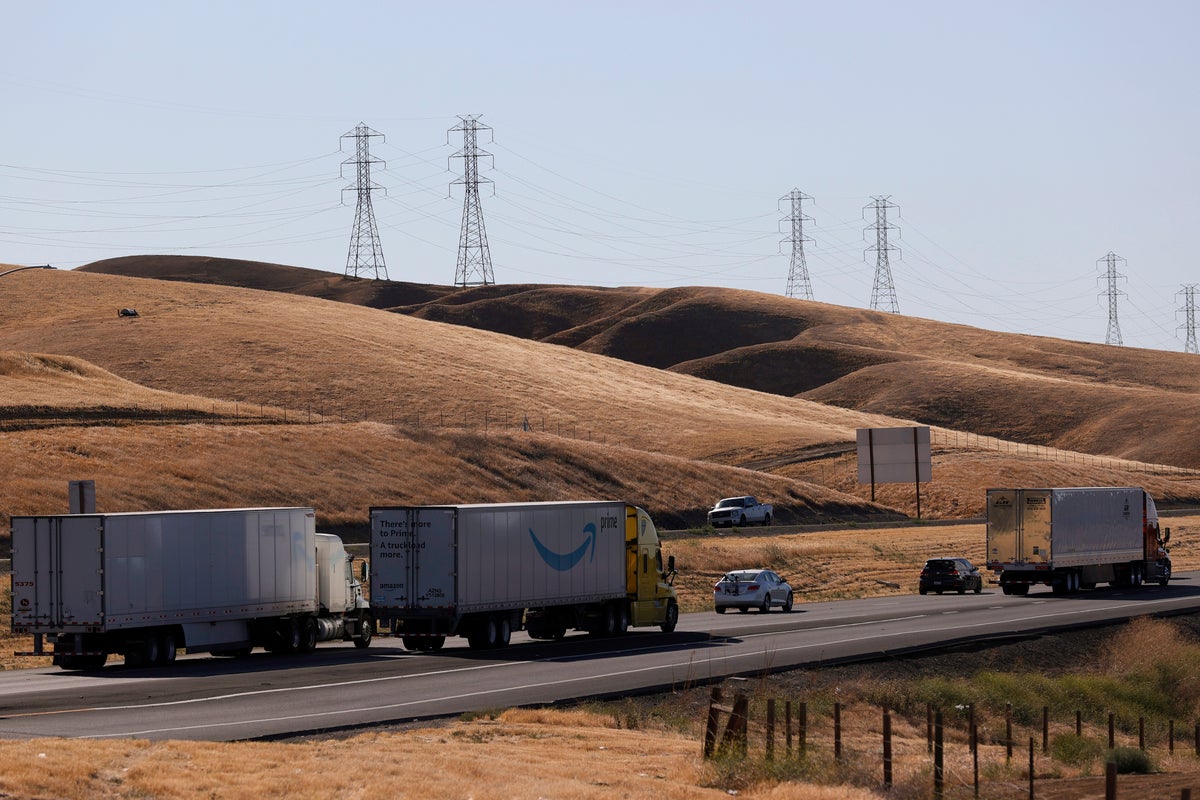


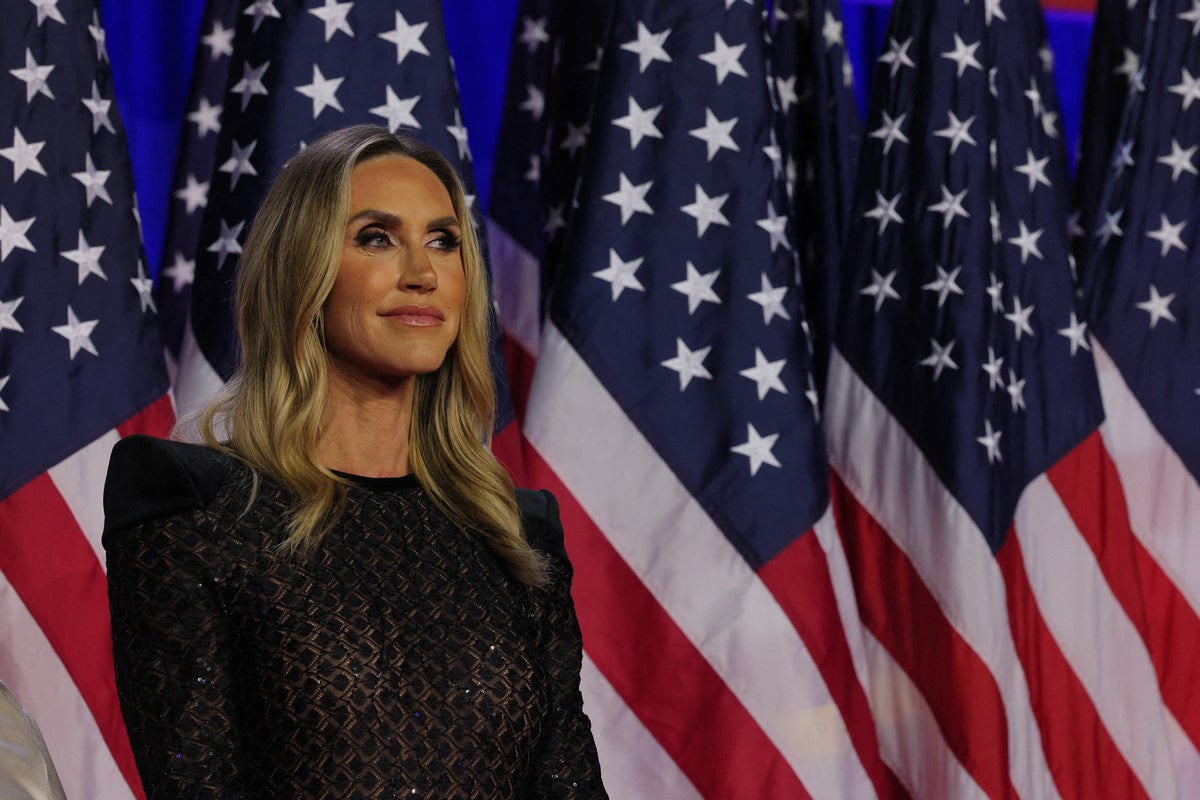





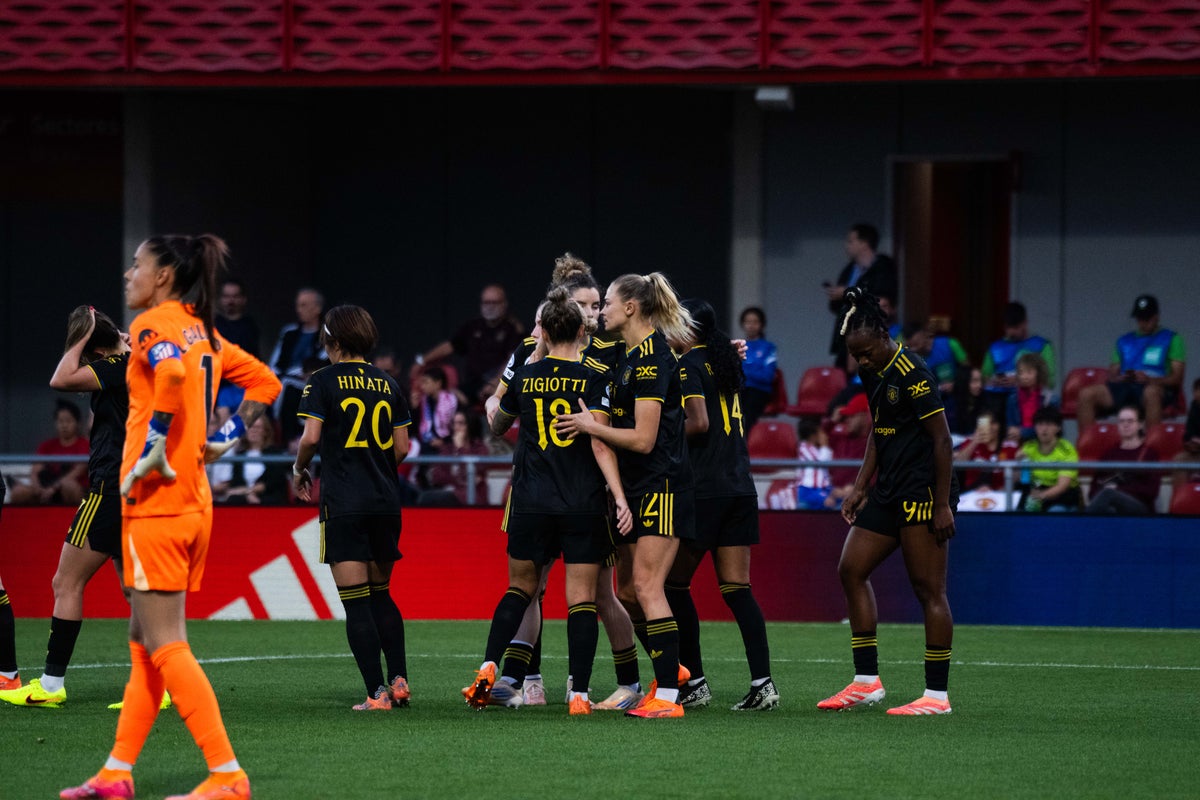
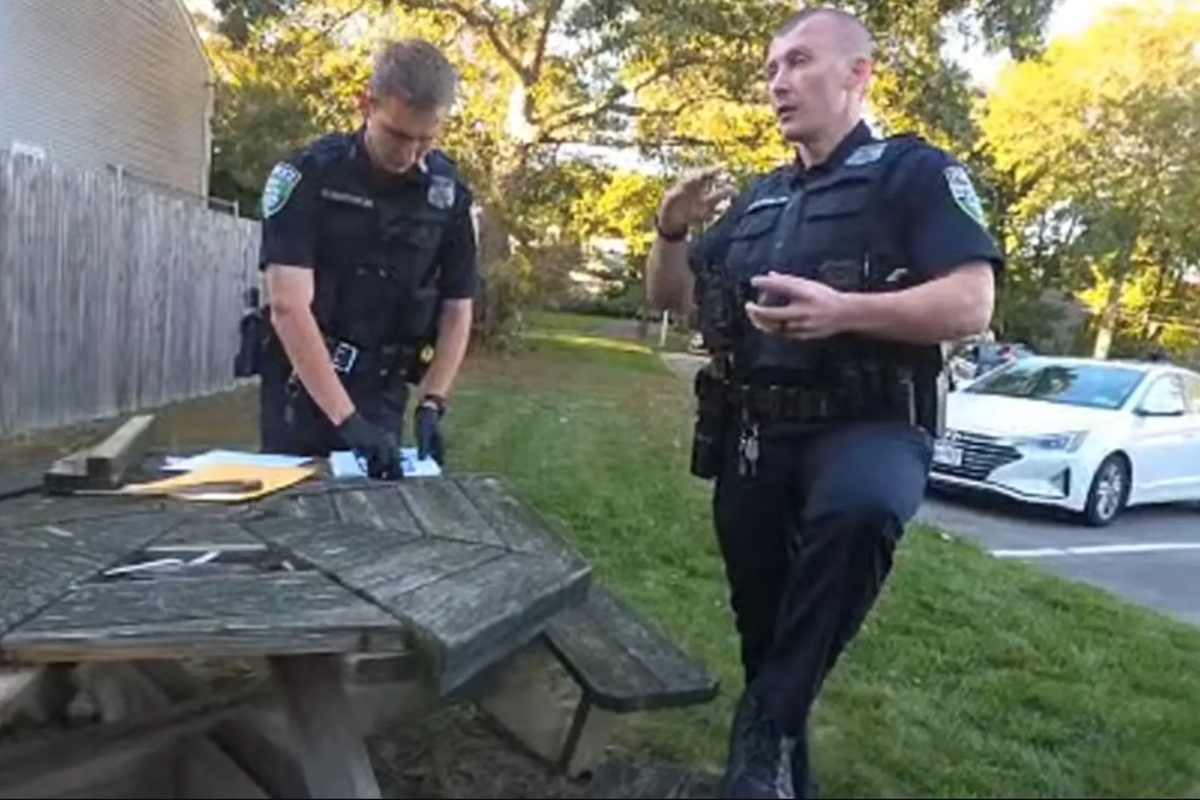









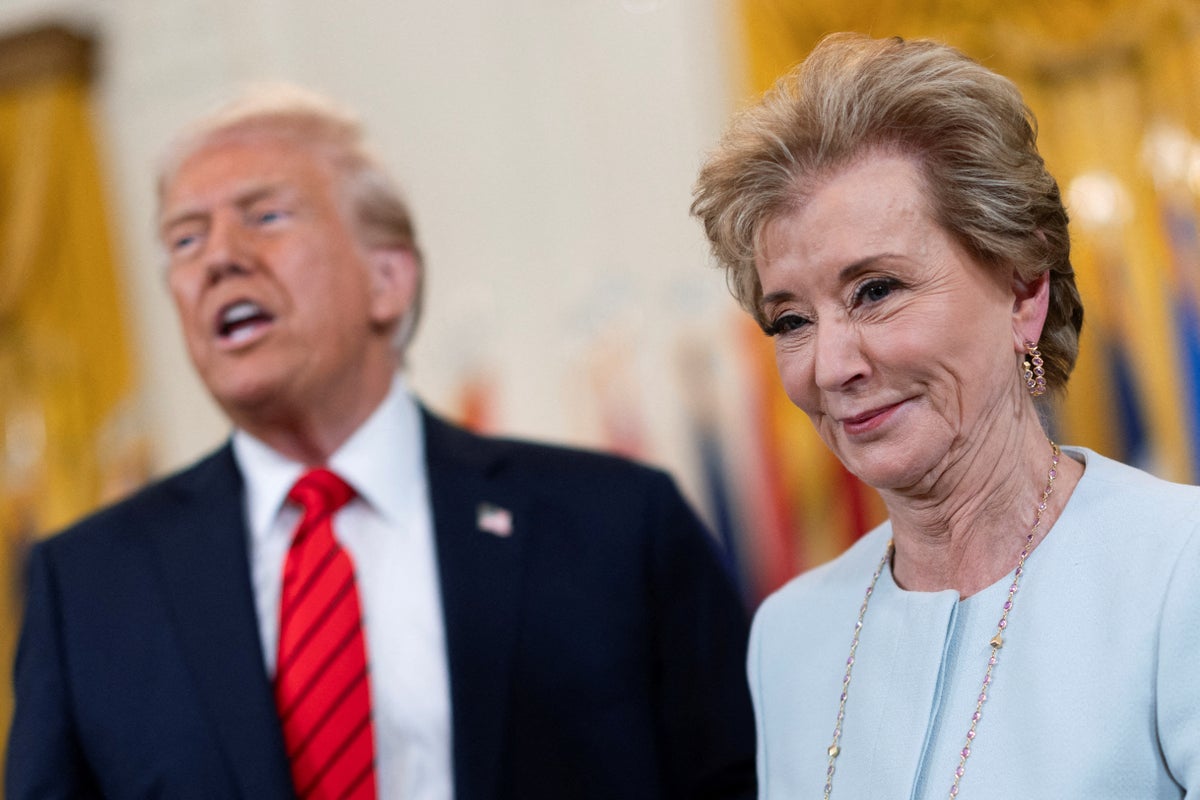
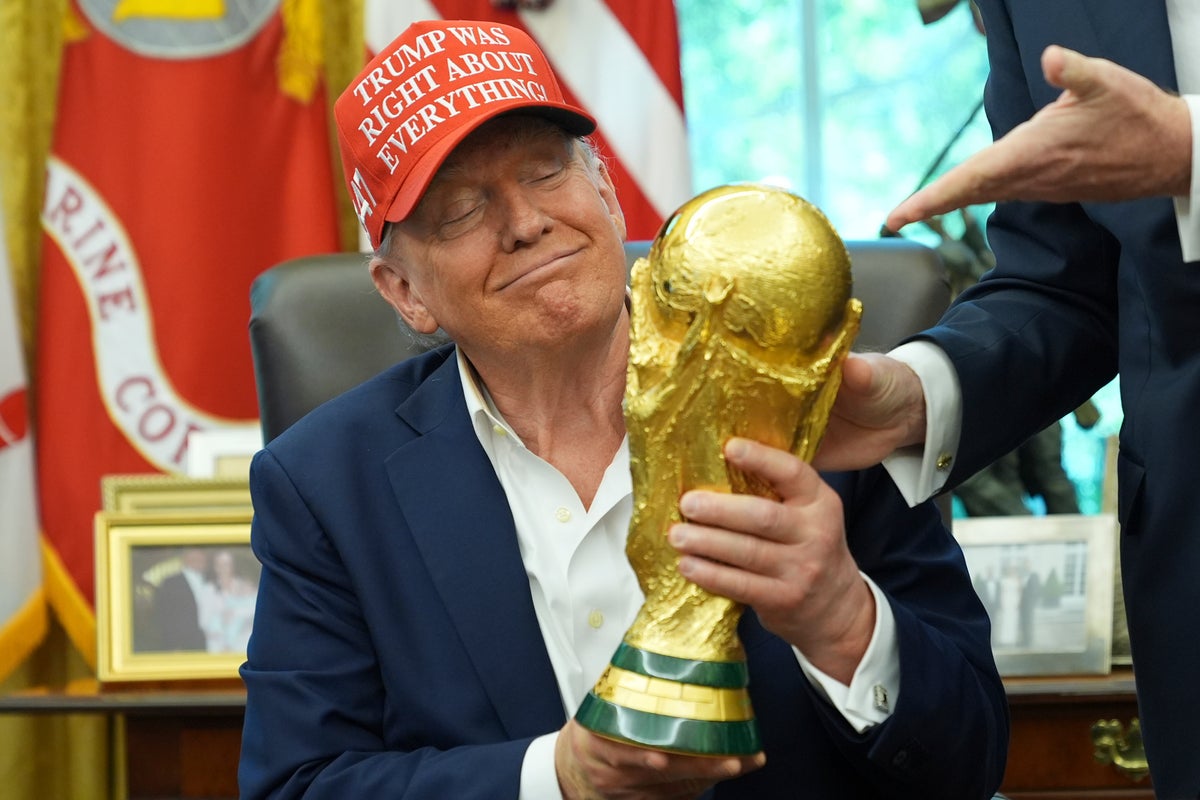




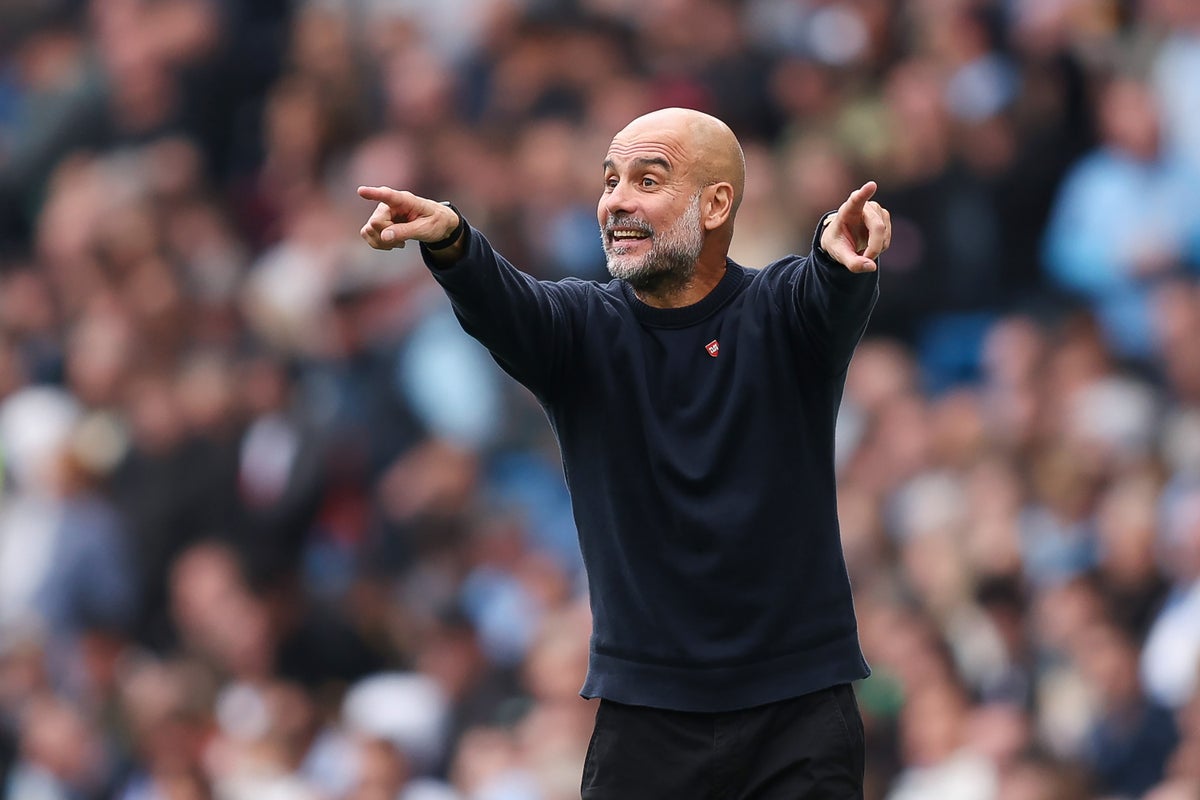

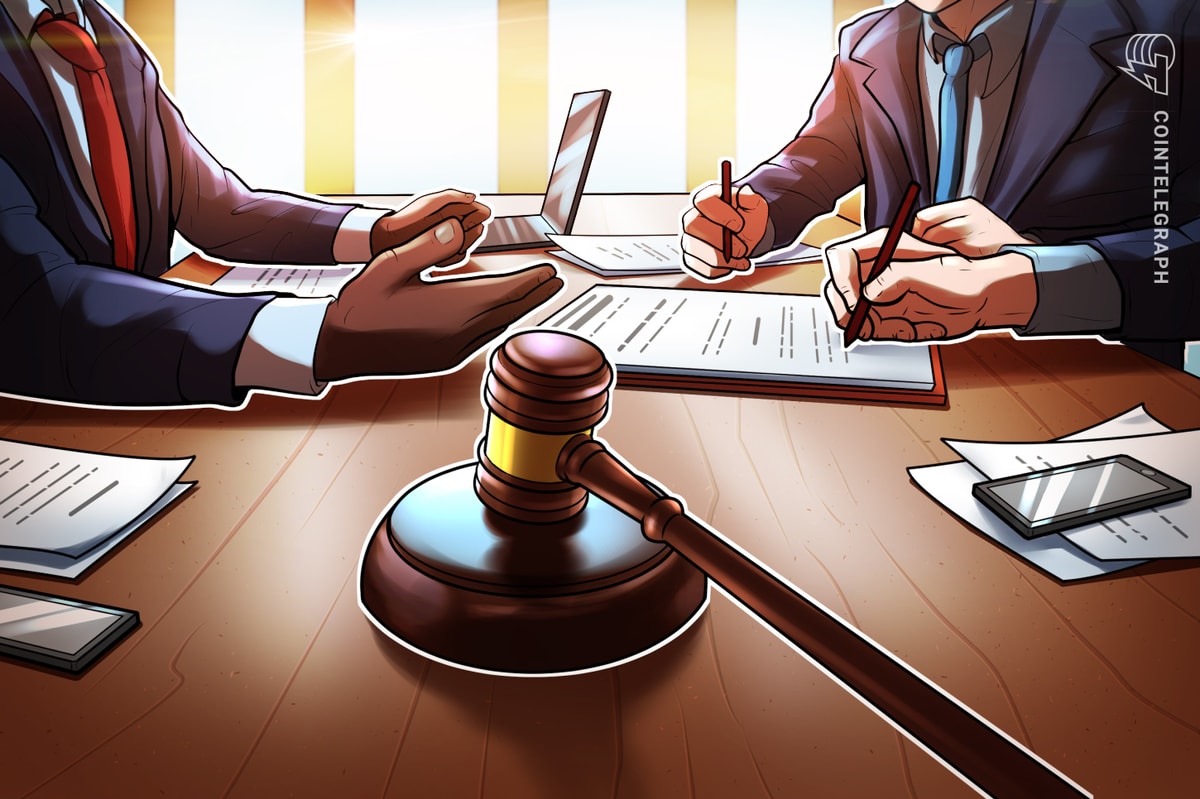
 English (US) ·
English (US) ·